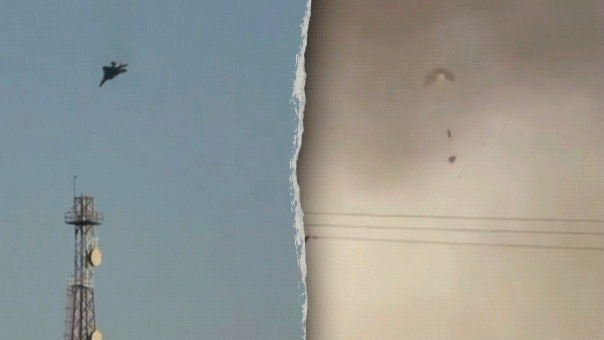WASHINGTON – Surrounded by the haunting memories of the Holocaust, a solemn President Obama on Monday announced a new crackdown on Iran and Syria and said the world must never again allow hatred to take root into the "madness" of mass atrocities.
The president announced new sanctions on people and entities in Iran and Syria who have deemed to use technology to target citizens and erode their human rights. More broadly, Obama spoke of the work that "will never be done" -- the global challenge of preventing atrocities.
To Holocaust survivor Elie Wiesel, Obama said: "You show us the way. If you cannot give up, if you can believe, then we can believe."
In his first appearance as president at the U.S. Holocaust Memorial Museum, Obama broadly defended his government's steps to protect innocent people, saying: "We have saved countless lives."
His words came as the United States is under pressure to help rally an international solution in Syria, where President Bashar Assad is accused of running a lethal crackdown on his people.
"National sovereignty is never a license to slaughter your people," Obama said.
The president announced he would be giving a posthumous Presidential Medal of Freedom to Jan Karski, a wartime emissary of the Polish government-in-exile who was among the first people to provide accounts of the Holocaust to the world.
Obama's new steps aim to counter violations of human abuses through technology. While rebellions in countries like Libya and Egypt have been fueled by cellphones and social media, other regimes have used technology to track dissidents or block Internet access.
For example, Iran has provided the regime of Assad with technology to jam cellphones and block or monitor the social networking sites rebels would use to organize demonstrations.
Obama has also asked the U.S. intelligence community to include assessments of the likelihood of mass killings in its National Intelligence Estimates.
The White House also announced a set of "challenge" grants for companies that help create new technologies to help warn citizens in countries where mass killings may occur.
Before delivering remarks, Obama spent about 30 minutes touring the museum with Wiesel. The president and Wiesel quietly entered the museum's Hall of Remembrance, where they lit candles and paused, heads bowed, for a moment of silence.
Obama placed his candle in the hall's Buchenwald section in memory of the concentration camp his great-uncle helped liberate at the end of World War II.












































